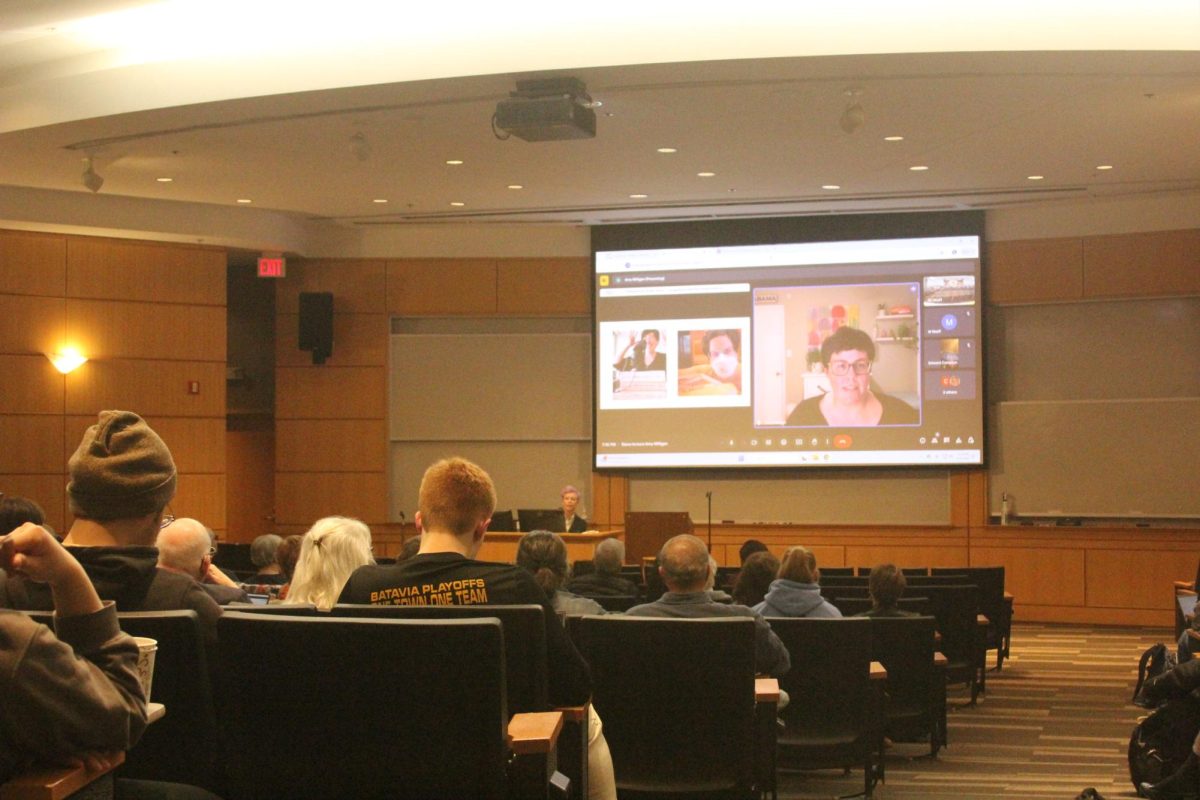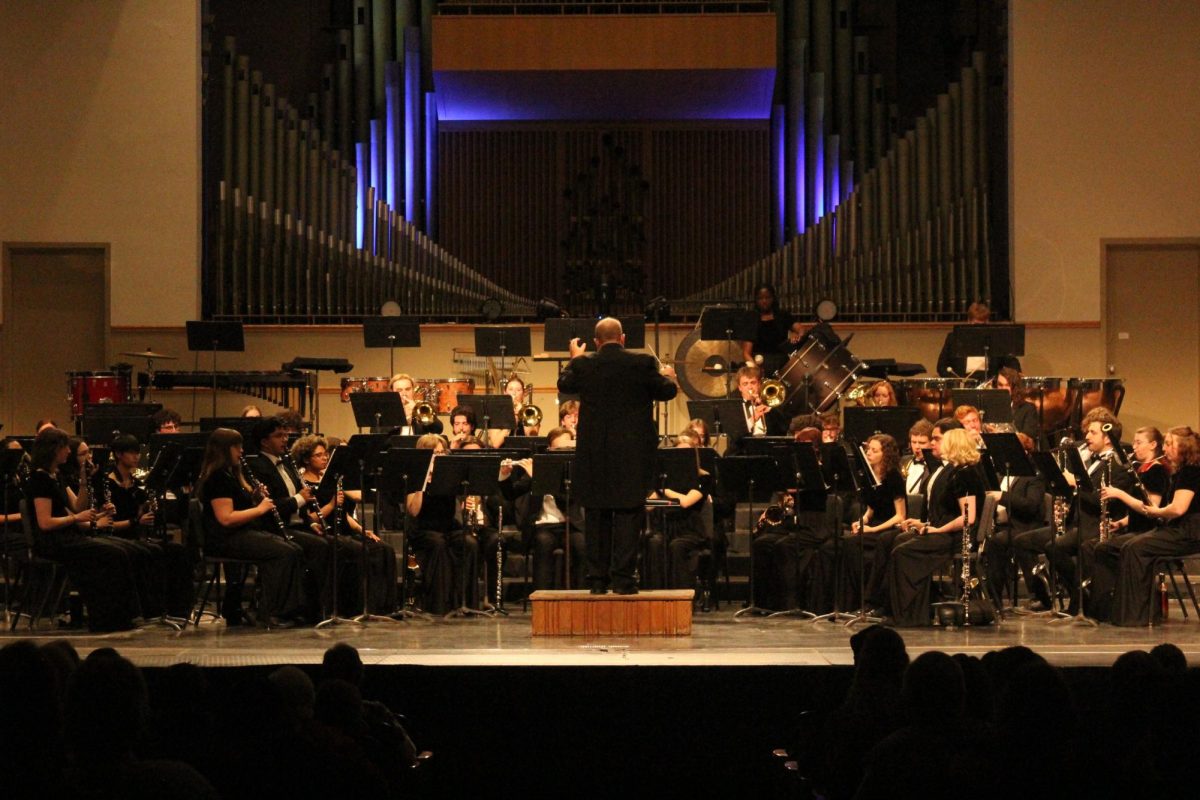As the start of a new semester rolled around, Augustana welcomed Dr. Elina Nilsson to campus as a Fulbright Hildeman Scholar. Dr. Nilsson is visiting from Uppsala University, in Sweden, and is excited to bring her unique outlook on reproductive justice and family life to Augustana students.
Nilsson’s journey to Augustana was made possible by the Fulbright Hildeman Fellowship in Scandinavian Studies, an international program dedicated to promoting students and faculty within Scandinavian studies. This fellowship seeks to strengthen connections between Swedish and American academics, increasing interest in Scandinavian studies among students and faculty in various academic fields.
“The Fulbright Hildeman Fellow is an annual scholarship,” Nilsson said. “There’s one scholar every year that gets to go somewhere in the United States to a school [that] has Scandinavian studies.”
Not only has the Fulbright program brought Nilsson to Augustana, but it has also created opportunities for faculty to conduct research abroad. The most recent scholar, Lena Hann, spent 20 months conducting research in Sweden before returning to campus at the start of the 2025 spring term. Hann met Nilsson while in Sweden and encouraged her to come to Augustana.
Hann, head of the public health department, said that the Fulbright program is extremely beneficial not only for the chosen scholars but for students as well. With a visiting professor, students can explore subjects from a different cultural perspective.
“Understanding reproduction and family from a Scandinavian perspective is especially valuable,” Hann said. “In the United States, we don’t have the same rights and laws in place to protect reproductive and family concepts like they do in Sweden. They have policies in place to protect their citizens that the US doesn’t have, so it’s a great opportunity to learn about how other countries operate.”
This semester, Nilsson is bringing a new perspective on reproduction and kinship through her class, Reproduction and Family in the Scandinavian Welfare States. This course aims to teach students in-depth knowledge about family life and reproduction health care systems in Scandinavia.
“We are looking at how these areas are connected to each other, but also how they’re connected to notions of the nation and gender norms and ideals,” Nilsson said. “I think Scandinavia is an area that is kind of interesting to look at because of the welfare state structure and how we have a lot of family policy and social politics to support us.”
Sophomore Tenzin Choedon, one of the students in Nilsson’s class, said it’s been fascinating to learn more about Scandinavian reproduction laws and regulations after taking a course during J-term on the American reproduction health care systems.
“I like learning more about the system because I realize there’s more to reproductive justice than just abortion rights,” Choedon said. “I’ve learned about how reproductive rights have existed for hundreds of years and how women in general face many issues with people trying to control their bodies.”
Though she’ll only be with the Augustana community for a semester, Nilsson is already proving she’ll leave a lasting impression on our campus and her students’ perceptions of reproductive justice and family life around the world.




































































































